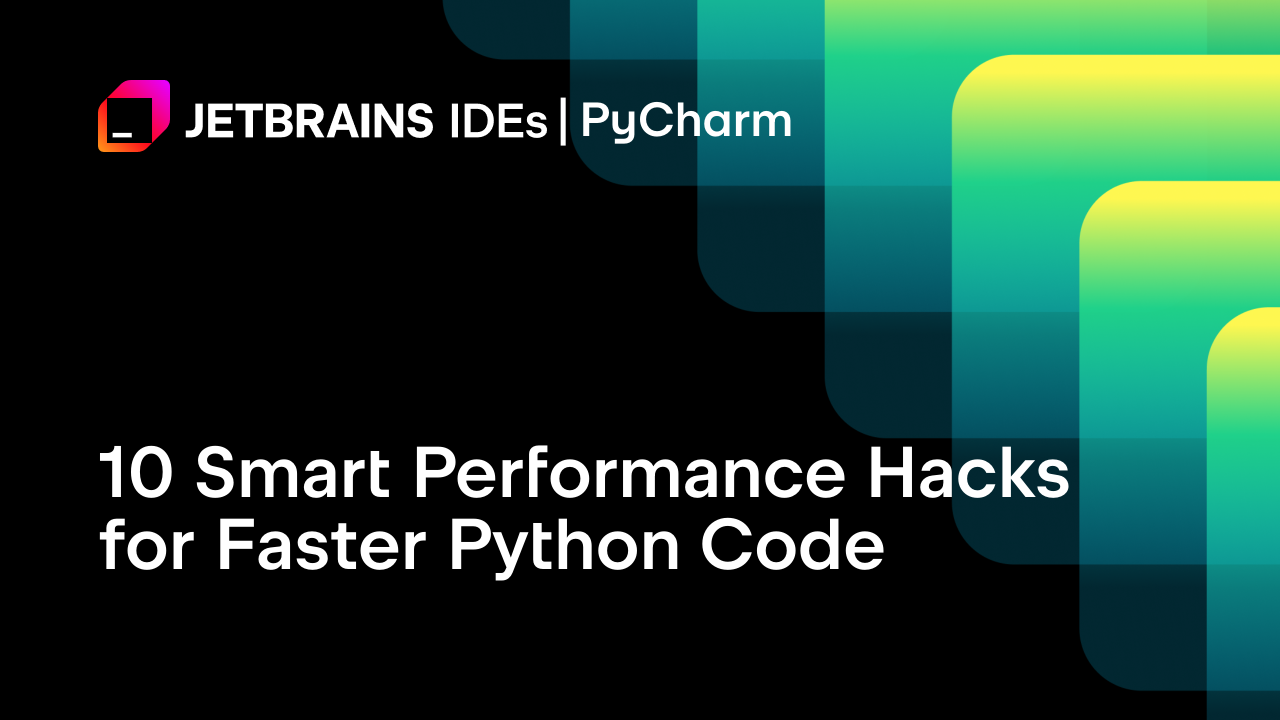#benchmarking
#benchmarking
[ follow ]
#machine-learning #ai #ai-models #python #ai-development #technology #ai-agents #ai-capabilities #llama-4 #gpt-52
fromPeterbe
1 month agoComparison of speed between gpt-5, gpt-5-mini, and gpt-5-nano - Peterbe.com
I recently implemented a feature here on my own blog that uses OpenAI's GPT to help me correct spelling and punctuation in posted blog comments. Because I was curious, and because the scale is so small, I take the same prompt and fire it off three times. The pseudo code looks like this: for model in ("gpt-5", "gpt-5-mini", "gpt-5-nano"): response = completion( model=model, api_key=settings.OPENAI_API_KEY, messages=messages, ) record_response(response)
Artificial intelligence
UK news
fromLondon Business News | Londonlovesbusiness.com
2 months agoUK contract catering booms after double-digit growth in third quarter - London Business News | Londonlovesbusiness.com
Sales at Britain's leading contract caterers rose 12.2% year-on-year in Q3 2025, extending sustained growth since mid-2021 and increasing number of outlets.
fromTheregister
2 months agoFortytwo has the answer to everything: decentralized AI
The advantage of swarm inference, the company says, is that frontier AI models often become less accurate when " reasoning" - the process by which models solve complex problems by breaking them into a series of smaller steps. Swarm inference supposedly helps avoid this problem by considering responses from multiple smaller models and ranking them by quality to obtain a better answer. Also, it's supposedly more affordable because it runs on distributed consumer hardware instead of in billion-dollar datacenters.
Artificial intelligence
fromNature
3 months agoWe need a new Turing test to assess AI's real-world knowledge
Some lawyers have learnt that the hard way, and have been fined for filing AI-generated court briefs that misrepresented principles of law and cited non-existent cases. The same is true in other fields. For example, AI models can pass the gold-standard test in finance - the Chartered Financial Analyst exam - yet score poorly on simple tasks required of entry-level financial analysts (see go.nature.com/42tbrgb).
Artificial intelligence
fromWIRED
2 months agoAI Agents Are Terrible Freelance Workers
Even the best artificial intelligence agents are fairly hopeless at online freelance work, according to an experiment that challenges the idea of AI replacing office workers en masse. The Remote Labor Index, a new benchmark developed by researchers at data annotation company Scale AI and the Center for AI Safety (CAIS), a nonprofit, measures the ability of frontier AI models to automate economically valuable work.
Artificial intelligence
fromPythonSpeed
4 months agoTesting the compiler optimizations your code relies on
But there's a problem with this sort of trick: how do you know the compiler will keep doing it? What happens when the compiler's next release comes out? How can you catch performance regressions? One solution is benchmarking: you measure your code's speed, and if it gets a lot slower, something has gone wrong. This is useful and important if you care about speed. But it's also less localized, so it won't necessarily immediately pinpoint where the regression happened.
Software development
fromGSMArena.com
5 months agoSamsung Galaxy Tab S11 Ultra benchmarked ahead of launch, chipset confirmed
Going into actual benchmarks, Geekbench 6.4.0, shows just under 2,500 for single-core and just over 8,700 for multi-core. For comparison, the outgoing Galaxy Tab S10 Ultra with its Dimensity 9300+ gets around 2,200 on the single and 7,500 on the multi-core test. However, the result is below the Galaxy S25 Ultra score (Snapdragon 8 Elite) with 3,000 single and 9,800 multi-core tests.
Mobile UX
fromNature
5 months agoIs your AI benchmark lying to you?
Anshul Kundaje sums up his frustration with the use of artificial intelligence in science in three words: "bad benchmarks propagate". He expresses concern about questionable claims made by researchers about AI models, which take months to verify and often turn out to be false due to poorly defined benchmarks. This problem creates misinformation and wrong predictions, as flawed benchmarks are misused by enthusiastic users. The lack of reliable benchmarks threatens to undermine AI's potential to accelerate scientific progress rather than enhance it.
Artificial intelligence
fromHackernoon
1 year agoChinese AI Model Promises Gemini 2.5 Pro-level Performance at One-fourth of the Cost | HackerNoon
MiniMax's M1 model stands out with its open-weight reasoning capabilities, scoring high on multiple benchmarks, including an impressive 86.0% accuracy on AIME 2024.
Artificial intelligence
Online Community Development
fromeLearning Industry
7 months agoNo One Learns Alone: The Untapped Power Of Community In Learning And Customer Success
Learning thrives in collaborative environments rather than isolated settings.
Benchmarking in learning fosters motivation and enhances peer engagement.
Communities foster shared discovery, unlocking innovation and reducing internal support pressures.
fromAmazon Web Services
9 months agoAmazon introduces SWE-PolyBench, a multilingual benchmark for AI Coding Agents | Amazon Web Services
Coding agents powered by large language models excel in software engineering tasks, yet comprehensive performance evaluation remains a significant challenge across diverse programming languages and real-world scenarios.
Python
[ Load more ]










